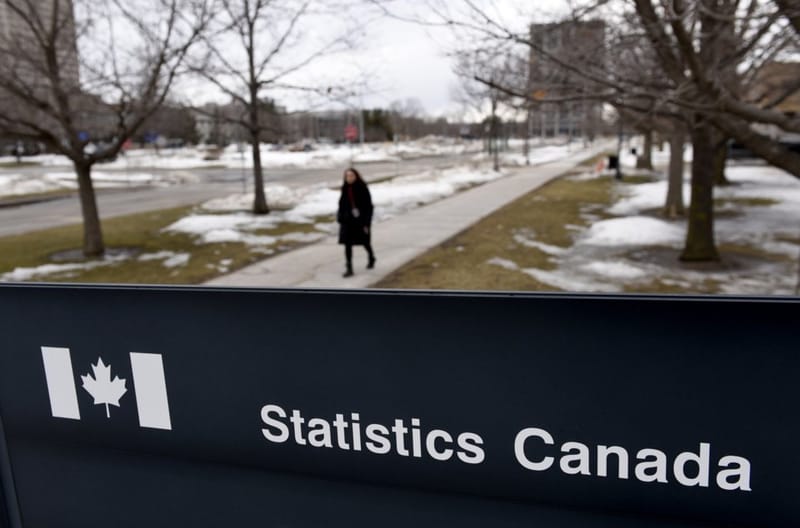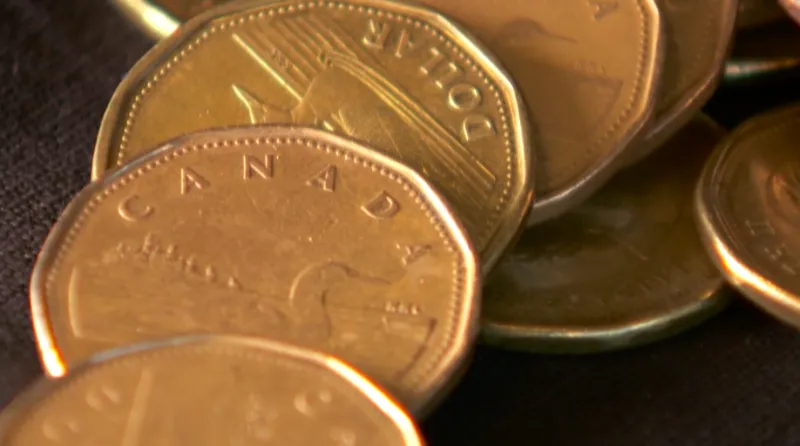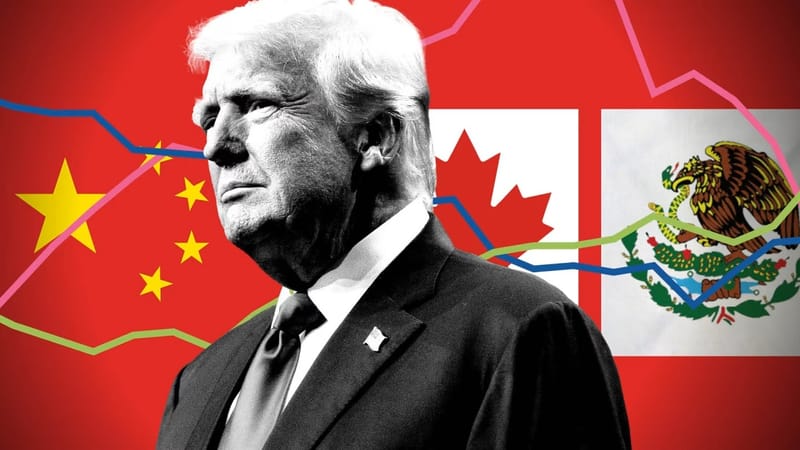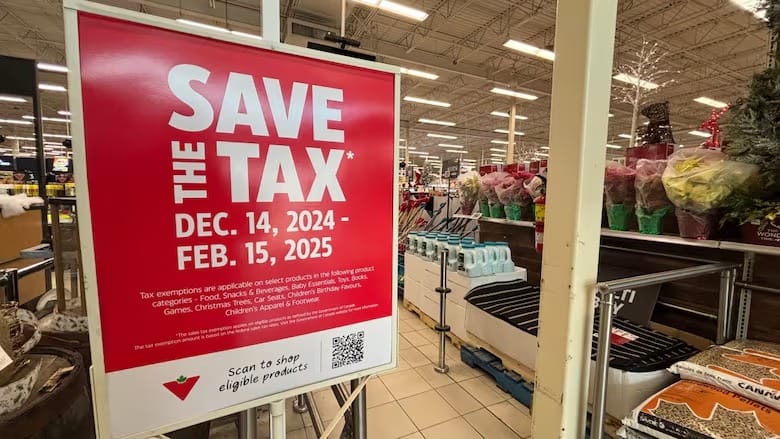What economic weapons are available to Trump?
What exactly is he thinking? Neither Donald Trump nor his transition team have offered further details about their intentions, the Wall Street Journal reported Tuesday .

The United States would have several potent economic tools at its disposal if Donald Trump were to take action against Canada. However, such measures would come with consequences for Americans as well, and the next president should be well aware of the ramifications.
In a press conference held Tuesday at his Florida estate, Mar-a-Lago, the future American president did not rule out using military or economic pressure on Panama or Denmark if they fail to meet his demands regarding the maritime canal of Panama and Denmark's sovereignty over Greenland. While he dismissed the idea of using military force against Canada, Trump suggested he was prepared to apply "economic force" to persuade Canada to become the 51st U.S. state.
What exactly this entails remains unclear, as neither Trump nor his transition team has provided additional details, as reported Tuesday.
"We can't be sure, but I suspect it may involve the trade tariffs on Canada and Mexico that he’s discussed since his election in November," said David Gray, an economics professor at the University of Ottawa, in a phone interview.
This could lead to a 25% tariff on all goods imported into the United States from Canada and Mexico. "That would cause significant damage," says Gray, who holds dual Canadian and American nationality. "Not just to Canada's economy, but to the U.S. economy as well. Given its simplicity, Donald Trump could implement these tariffs immediately upon taking office."
Since these tariffs would essentially act as a tax on U.S. consumers, they could increase the cost of living for many Americans, including those who voted for Trump, partly due to frustration with rising inflation in recent years. "Donald Trump doesn’t understand economics," Gray lamented, hoping that any tariffs would only be temporary.
Richard Ouellet, a professor of international trade law at Université Laval, also believes that Trump's economic strategy against Canada would likely focus on tariffs. "Although it is true that Canada relies more on trade with the U.S. than vice versa, the U.S. cannot afford to ignore our oil, critical minerals, steel, aluminum, and wood," Ouellet explained. "My concern is that Trump might try to pressure Canada into signing smaller trade agreements for just these sectors, which could limit our ability to negotiate a more comprehensive trade deal."
In the worst-case scenario, Ouellet added, the U.S. could theoretically impose a full trade embargo on Canada, similar to what it did with Iran or Cuba, citing national security concerns. "With Congress and the Supreme Court largely loyal to Trump, there wouldn’t be much of a counterbalance in Washington."
However, Ouellet believes that U.S. states and business communities would push back and influence Trump before the situation escalates further. "We need to stop overreacting to every statement Trump makes," he said. "When we panic, we only strengthen his position."
For now, the best thing Canada can do, according to Gray, is to quickly elect a new prime minister with strong advisers. In the meantime, "buckle up and maybe take a Valium," he advised.





